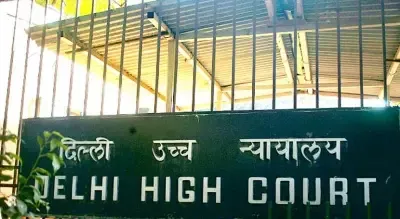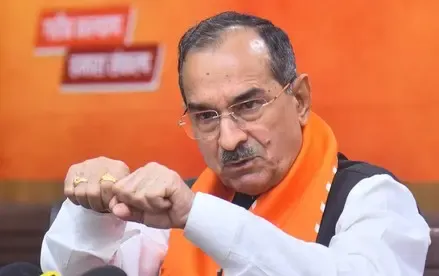Why Did the Delhi HC Reject the Petition to Cancel Bail?

Synopsis
Key Takeaways
- Delhi High Court upheld bail due to lack of evidence.
- Social media celebrations alone are insufficient for bail revocation.
- Clear evidence of intimidation is necessary for cancelling bail.
- Legal procedures must be followed to ensure justice.
- Judiciary emphasizes protection of rights for the accused.
New Delhi, Oct 6 (NationPress) The Delhi High Court has dismissed a petition aimed at revoking the bail of an accused, noting that social media posts celebrating the bail release and the presence of co-accused near the petitioner’s residence do not provide sufficient grounds for cancellation without concrete evidence of intimidation.
A single-judge Bench led by Justice Ravinder Dudeja was considering a petition from Zafer Alam, under Section 483(3) of the BNSS, which claimed that the accused, Manish, and his associates instilled fear after their release by flaunting weapons on social media and being present close to the petitioner’s home. The petitioner’s attorney argued that the accused “consistently intimidated the complainant and her family with knives and other lethal weapons, thus jeopardizing their safety,” highlighting an existing personal feud stemming from a prior incident involving the petitioner’s son.
It was also claimed that the accused and his associates shared videos and status updates on social media celebrating their bail release.
Conversely, Additional Public Prosecutor (APP) Aman Usman countered that “the petitioner did not submit any application to the Sessions Court for bail cancellation nor filed any complaint about threats or criminal intimidation after bail was granted,” which undermined the allegations.
In his ruling, Justice Dudeja remarked, “The consideration for rejecting bail in a non-bailable case at the initial stage and the cancellation of bail already granted should be approached differently. There must be very compelling and substantial circumstances to warrant a cancellation of previously granted bail.”
The Delhi High Court clarified that social media celebrations or the presence of co-accused near the petitioner’s residence cannot serve as grounds for cancellation “without any specific threat or intimidation directed towards the petitioner.”
“In the absence of any complaint made to the police, the claims of threats remain unsubstantiated. As such, there is no evidence on the record to support the allegations of threats purportedly made by respondent No. 2 (the accused),” Justice Dudeja stated, dismissing the request for bail cancellation.
The accused, who had been in custody since March 13, was granted bail under conditions that included not threatening witnesses, tampering with evidence, or engaging in any further criminal activities.









